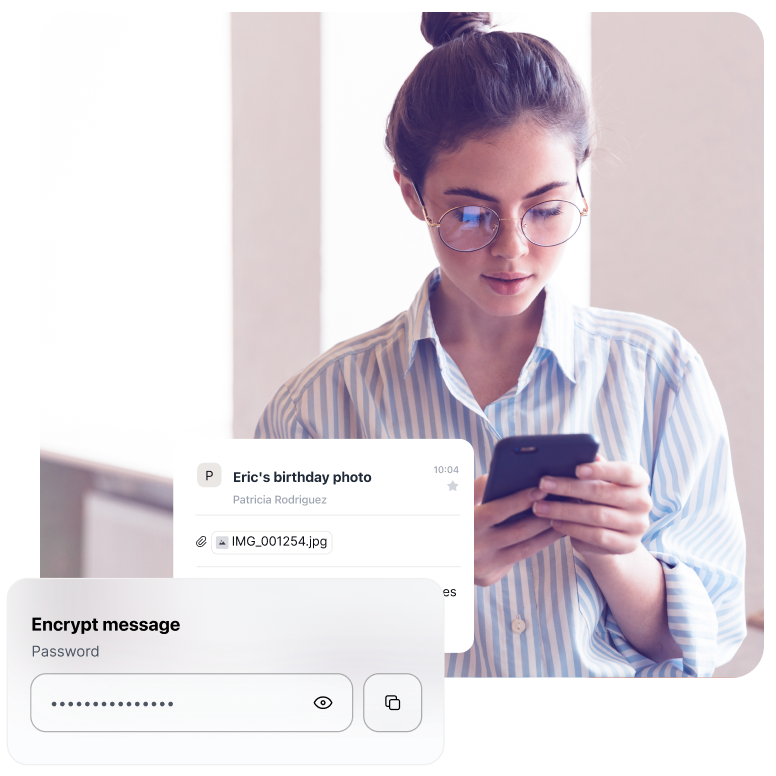We believe in the power of open source
Transparency is the only way to earn the trust of our community.
All Proton apps are open source and have been independently audited and verified by third-party experts. Anyone can see and verify that our apps do what we claim.

Open source enhances the security of our products
Proton's software has been independently audited for security by thousands of experts around the world. You can view the audit reports, inspect the code yourself, or even contribute improvements.
Choose the app you wish to explore
Our contributions to the open-source community
We are the primary maintainers of widely used open-source cryptographic libraries for the JavaScript and Go programming languages.

OpenPGPjs
JavaScript encryption library

GopenPGP
Golang encryption library
Making our code freely accessible to developers encourages innovation in privacy tech and helps solve real-world privacy challenges.
Help Proton build an internet where privacy is the default
You can directly contribute to Proton by committing code improvements to our repositories or participating in our bug bounty program.

Proton community
Community contributions have always been important to Proton’s growth. You can join the conversation with Proton on social media, become a beta tester, join the Proton localization project, and give us feedback that helps us develop our services.
